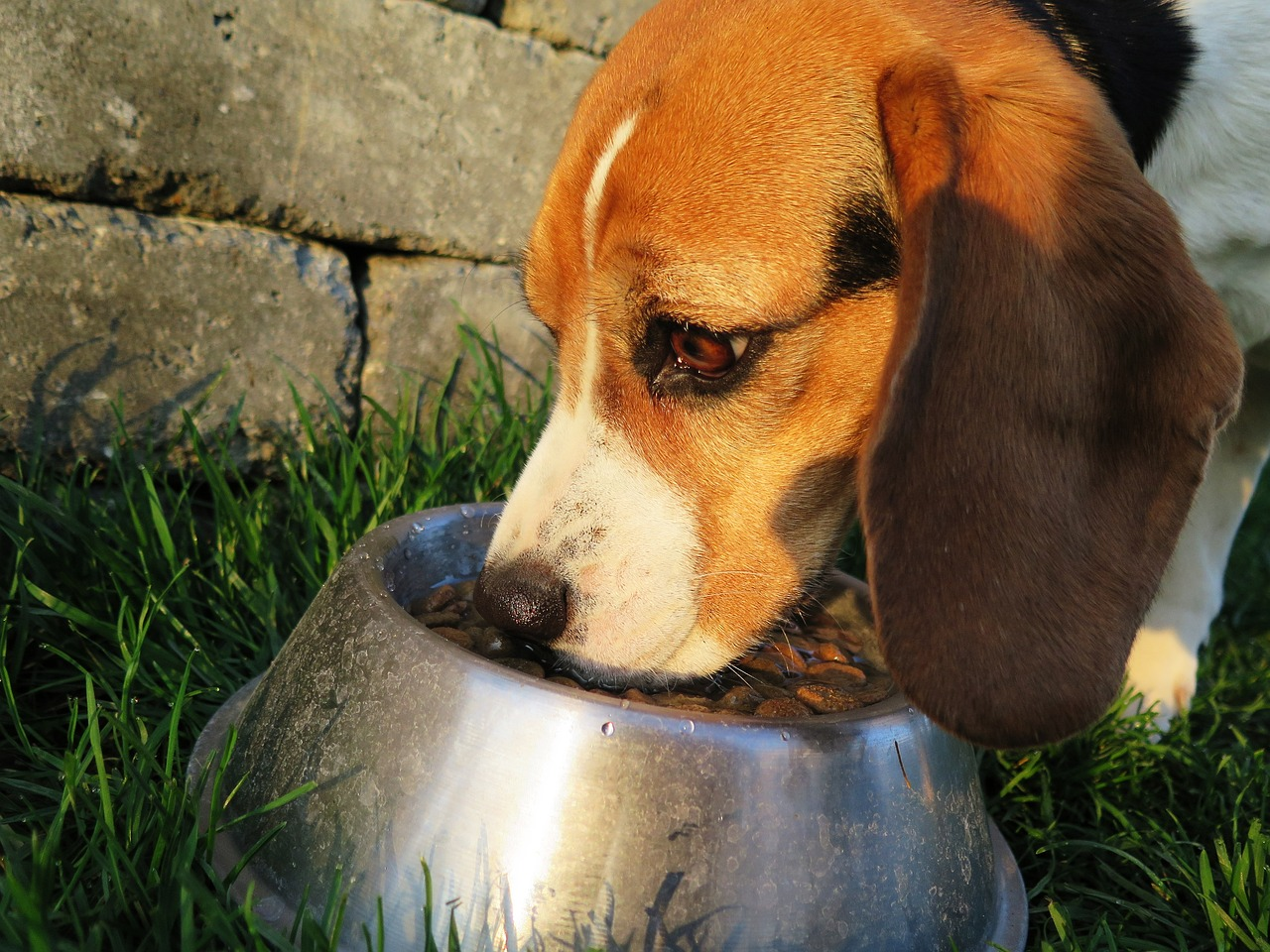Is your pet pooch gaining weight? Left unchecked, pet obesity increases risk of heart disease, diabetes, and arthritis. Keeping pets healthy involves ensuring a healthy lifestyle, not just exercise. The top of your mind should guarantee your pet stays healthy and happy in Australia, where pet numbers are high. The following are six influential ways to keep your pet in prime condition.
- Choose High-Quality Dog Food
A healthy weight depends on proper nutrition. Select suitable, top-notch food based on your dog’s age, size, and activity level. Avoid corn and artificial ingredients, which add little to total nutrition. Instead, choose food with high protein and fibre levels. If your dog has a medical or dietary need, your veterinarian can provide particular food guidance.
- Portion Control is Key
Overfeeding is one of the most common causes of weight gain for dogs. Even if they consume a nutritious diet, large quantities may lead to additional weight. Note that the feeding directions on your dog food packaging are only recommendations, so use them as such. Measure the food your dog is consuming to ensure it is accurate. If you have any uncertainty about the correct serving amount, seek guidance from your veterinarian.
- Incorporate Regular Exercise
Your dog has both mental and physical well-being; therefore, exercise is not just fun. Every day, aim for at least 30 minutes of walking, running, or playing fetch. For consistency, fit exercise into your daily schedule, vary intensity for high-energy dogs, and involve your dog in difficult activities such as hiking or agility training.
- Limit Treats and Snacks
Though treats are an excellent means of showing gratitude to your dog, their extreme fat and sugar levels may cause them to pile on calories quickly. Use low-calorie snacks or healthy alternatives such as apple slices (without seeds) or carrot sticks. Because human food is often too rich for dogs, it could upset their stomachs. So, weigh their meals, and prevent people from providing them with table scraps.
- Monitor Your Dog’s Weight Regularly
A dog’s weight monitoring is crucial for maintaining its health. Weigh your dog every few weeks to observe changes in physical shape. Search for clear signals, such as a clearly defined waist and the ability to feel their ribs without applying too much force. Swiftly contact your vet if you notice unanticipated weight gain or loss. Frequent examinations will guarantee that such problems are identified early.
- Work with Your Veterinarian
Your dog’s health depends on your veterinarian, and so does your veterinary appointment schedule and tailored weight loss program should your dog be obese. They might recommend alterations to your dog’s activity schedule, vitamins, or dietary changes. Pets HeaLED Australia also offers laser therapy treatments to keep your dog healthy, so this may be recommended. Either way, professional advice is invaluable.
Summary
The overall general health, not only their appearance, benefits significantly from your dog’s healthy weight. By stressing correct nutrition, regular exercise, and medical checks, you will help to keep your dog fit and active and avoid obesity-related issues. Start today by implementing minor, regular adjustments. A happy dog is a healthy dog, showing gratitude with wagging tails and energy. Interested to know more? Contact your vet for personalised care tips.
Backlinks Hub highly experienced SEO Team with over 4 years of experience. WE are working as contributors on 100+ reputable blog sites.

